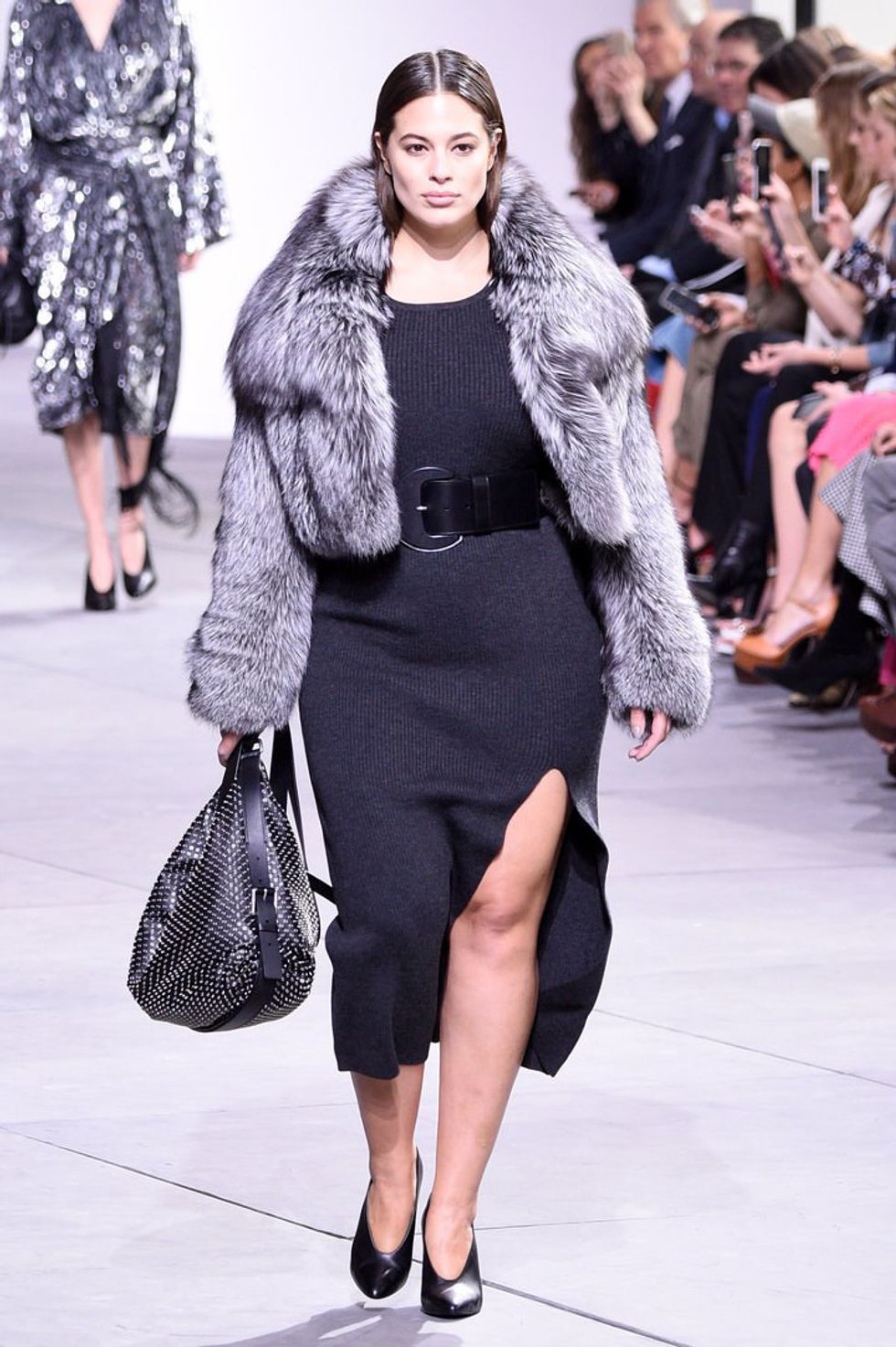2017 is starting off as a great year for plus sized women. One major positive is the popular name brand, Michael Kors, added a plus sized model to their runway show this past week.
This was a first for the brand, as the very well known, Ashley Graham, took to the runway as the first woman above a size 12 to walk for Michael Kors.
Kors is one of the few fashion designers that offers extended sizes. Kors has even stated himself that he was looking to add more diversity on the runway.
"I don't like it when models all look the same," he said in 2013. "To me it's so incredibly boring to turn them into mannequins, it's so much more interesting if we have different ages, ethnicities, body types, heights."
This step towards inclusion is huge for other famous brands. If a brand like Michael Kors can include plus size models, so can other brands. Hopefully, Michael Kors has shown other competing brands that this diversity can be the new "normal."
Throughout my own research, I have found that famous, luxurious brands such as Michael Kors has strayed from adding plus size clothing or models to their line up. The brands were afraid that it wasn't the direction the fashion industry was heading. Some brands don't want their brand to be deemed not "cool" or "sexy" and ruin their image with plus size women. Since the expense of adding sizes did not seem feasible to them, most did not add the extended sizing.
If a brand like this can make a step in the right direction for plus size women, we can only anticipate the rise of other brands including extended sizing. We could even see more diversity in sizing in next year's fashion week.
With inclusion comes positivity, when it comes to plus size women. Leaving plus size women out of fashion sends a strong message to plus sized women that they do not belong. With this major step in the fashion industry, more women can be empowered by seeing other women that look like them.










 The minimum wage is not a living wage.
StableDiffusion
The minimum wage is not a living wage.
StableDiffusion
 influential nations
StableDiffusion
influential nations
StableDiffusion












